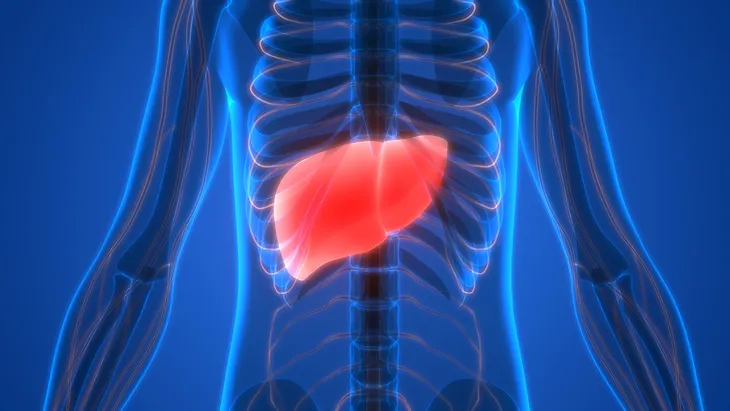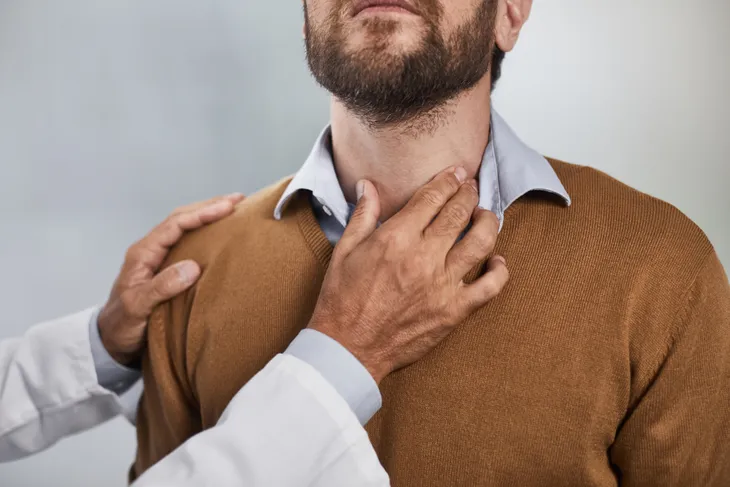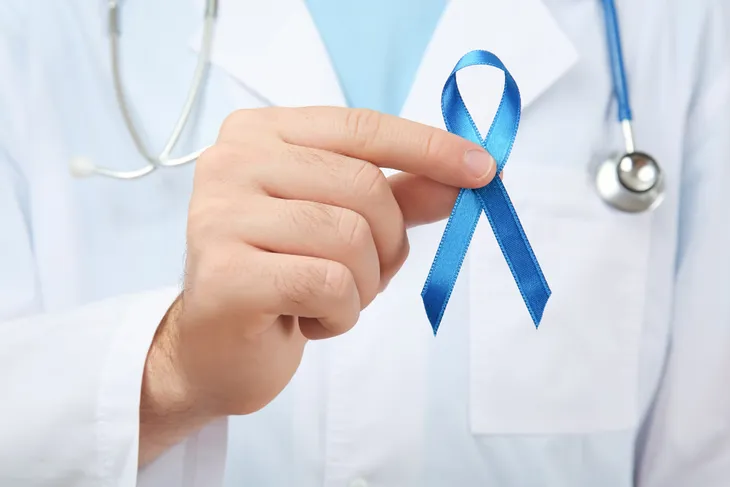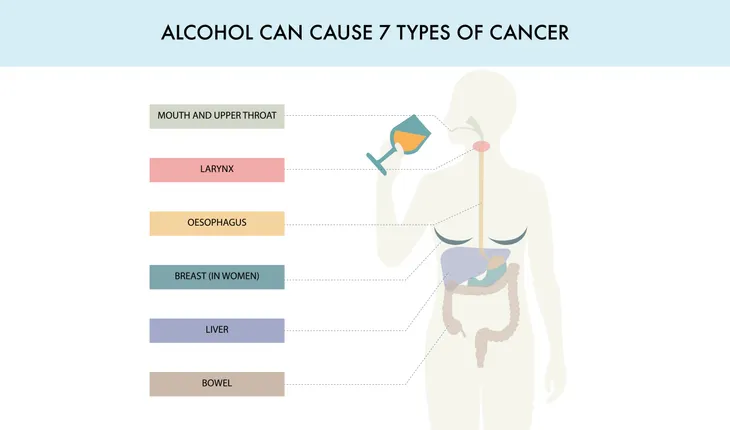- The overconsumption of alcohol is linked to many short and long term consequences, including several types of cancer.
- It’s important to limit your alcohol consumption to under 2 drinks at a time and drink an adequate amount of water.
- Research suggests that even as little as 1 drink per day can raise your risk of developing one of the aforementioned diseases.
While alcohol may be enjoyable and common to consume, it also comes with quite a few detrimental consequences. Research has proven that there are links between alcohol and several types of cancer. Jennie Connor, a researcher out of New Zealand recently collected and analyzed a collection of epidemiological and biological research on the subject and came to some pretty interesting conclusions.
In her paper, Connor links alcohol abuse with seven distinct forms of cancer. Follow along as we take a closer look at her findings and how much they may impact your daily life.
Short and Long Term Effects
Alcohol can have negative effects on your life in both the short and long-term. In the short term, alcohol has been shown to negatively impact sleep, impair judgment, blur vision, cause breathing difficulty, nausea, and headaches.
Many of these short-term consequences can be manageable to an extent, but the long-term effects are much more grim. Prolonged alcohol abuse can cause liver failure, heart problems, memory loss and, according to a recent study, cancer.
 Shutterstock/5PH
Shutterstock/5PHLiver Cancer
Your liver processes absolutely everything that your body consumes. Your liver cleanses your blood, regulates energy, manufactures proteins and even regulates your hormones. So, as you’d imagine, your liver can be severely damaged by prolonged alcohol abuse. Cirrhosis, inflammation, alcoholic hepatitis… the list goes on.
And it doesn’t take a lot of alcohol. As little as three glasses a day could dramatically increase your risk of developing this disease. In terms of the “how,” very little is known. However, some believe that the cancerous cells develop a lot like the scar tissue of cirrhosis. Common symptoms of liver cancer include nausea and vomiting, general weakness and fatigue, upper abdominal pain, chalky stools and more.
 Shutterstock/Magic mine
Shutterstock/Magic mineMouth Cancer
Much like your liver, most of what you consume passes through your mouth. Alcohol abuse is the second leading cause of oral cancer, right behind tobacco. Why? Well… that’s uncertain. Some suggest that alcohol consumption lowers the body’s ability to utilize cancer fighting antioxidants while others link it, once again, to liver cirrhosis. What researchers can agree on is that a decrease in alcohol (in conjunction with a healthy diet) can reduce your risk of developing oral cancer.
As with any kind of cancer, early detection is critical. Symptoms can include the appearance of white or red lesions in your mouth, numbness of the tongue, swelling of the jaw, ear pain, difficulty chewing and more.
 Shutterstock/fizkes
Shutterstock/fizkesThroat Cancer
The risk factors of alcohol consumption go much further than your mouth. Prolonged alcohol abuse can also increase your risk of developing throat cancer. Much like oral cancer, throat cancer is made exponentially worse when paired with cigarette smoke. Also, much like oral cancer, very little is known as to the why. Not everyone who drinks alcohol will develop this type of cancer, but in general terms, those who drink more exhibit more risk factors.
As with all physical maladies, listening to your body and seeking help early can save your life. Common signs and symptoms of throat cancer may include a cough, changes in your voice, ear pain, difficulty swallowing, weight loss, a sore throat and more.
 Shutterstock/puhhha
Shutterstock/puhhhaLarynx Cancer
Your larynx, or voice box, is just as susceptible to carcinogens as your throat and mouth. Unfortunately, alcohol has shown to increase an individual’s risk of this type of cancer too. Again, not much is known about the “how” or the “why,” but a link between the two has been documented.
Symptoms include constant coughing, trouble breathing, trouble swallowing and pain while swallowing. If you do notice any of these symptoms, don’t be shy. Visit your family doctor or even call to ask a question, if only to set your mind at ease.
 Shutterstock/Olena Yakobchuk
Shutterstock/Olena YakobchukEsophagus Cancer
Your esophagus is essentially the canal that connects your throat to your stomach. And, unfortunately for those with a penchant for alcohol, it’s not safe either. According to the previously mentioned study, your Esophagus (much like your larynx, mouth and throat) is also negatively impacted by the consumption of alcohol.
As with most diseases, early detection can dramatically impact an individual’s chance of survival. Be sure to listen to what your body is telling you. Common side effects of esophageal cancer include fatigue, coughing, trouble swallowing, vomiting as well as a number of others.
 Shutterstock/CGN089
Shutterstock/CGN089Colon Cancer
By now, I’m sure you’re aware how common and dangerous colorectal cancer can be. It’s the third most common cancer in the world. There are a number of factors that can cause colon cancer to develop, including genetics, diet, family history and, according to Connor’s analysis, alcohol consumption.
There are a lot steps that a healthy, proactive individual can take to shield themselves from this disease. Preventative measures include limiting your alcohol consumption, exercising on a regular basis, maintaining a healthy weight and eating a variety of fruits and vegetables, to name a few. Plus, most adults should begin regular colon cancer screenings at age 50. Common symptoms include a change in your bowel habits, rectal bleeding, cramps and unexplained weight loss.
 Shutterstock/metamorworks
Shutterstock/metamorworksBowel Cancer
A human bowel can be described as the tube that digests food and helps carry solid waste out of the body. It’s an essential component of the human digestive system and is heavily impacted by your day to day consumption. A healthy diet typically equals a healthy bowel — all the more reason to monitor your daily consumption and limit your alcohol use.
Treating bowel cancer comes down to three distinct options: surgery, specialist radiotherapy and chemotherapy. Again, early detection greatly impacts an individual’s ability to recover from this terrible disease. Be sure to stay up to date with your annual checkups and keep an eye out for symptoms including rectal bleeding, abdominal discomfort and changing bowel habits.
 Shutterstock/Africa Studio
Shutterstock/Africa StudioBreast Cancer
Much like colon cancer in males, breast cancer in women is extremely common. The statistics show that as many as 1 in 8 US women will develop some form of it at some point in her life.
Those little pink ribbons have worked wonders, though. Raising awareness and collecting donations to help those battling this common cancer. Regular self-examinations are the key to early detection and survival rates.
 Shutterstock/SewCream
Shutterstock/SewCreamDoes the Type of Alcohol Matter?
There are many different types of alcohol, so you may be wondering if the type of alcohol effects your body differently. According to Cancer.org, the most important factor to consider is the amount of alcohol that an individual consumes over time rather than the type of alcohol.
Ethanol is the specific type of alcohol found in alcoholic drinks and most standard size drinks contain the same amount of alcohol, whether that be beer, wine or liquor. Rather than the type of alcohol, it is more so the percentage of ethanol that has a stronger effect on you b==
 Shutterstock/Fattyplace
Shutterstock/FattyplaceHow to Stay Safe
So… how much is too much? Research suggests that even as little as 1 drink per day can raise your risk of developing one of the aforementioned diseases. And it doesn’t matter if you spread out your consumption over a long period of time or binge it all at once, either.
Smoking and consuming alcohol can also increase risk exponentially. So, if you drink, stay away from the cigarettes whenever possible.
 Shutterstock/Bryony van der Merwe
Shutterstock/Bryony van der MerweLifestyle Factors
Going forward, it’s important to limit your alcohol consumption to under 2 drinks at a time and drink an adequate amount of water. Maintain a healthy weight, exercise on a regular basis and focus on eating healthy. It’s nearly impossible to completely eliminate your risk of developing cancer, but there are a few known variables that are within your control.
Cutting down on your alcohol consumption can be difficult, but not impossible. Cancer Research UK recommends keeping your own pace, alternating between “hard drinks” and “soft drinks,” and being open with those close to you.
 Shutterstock/Paul_K
Shutterstock/Paul_K


